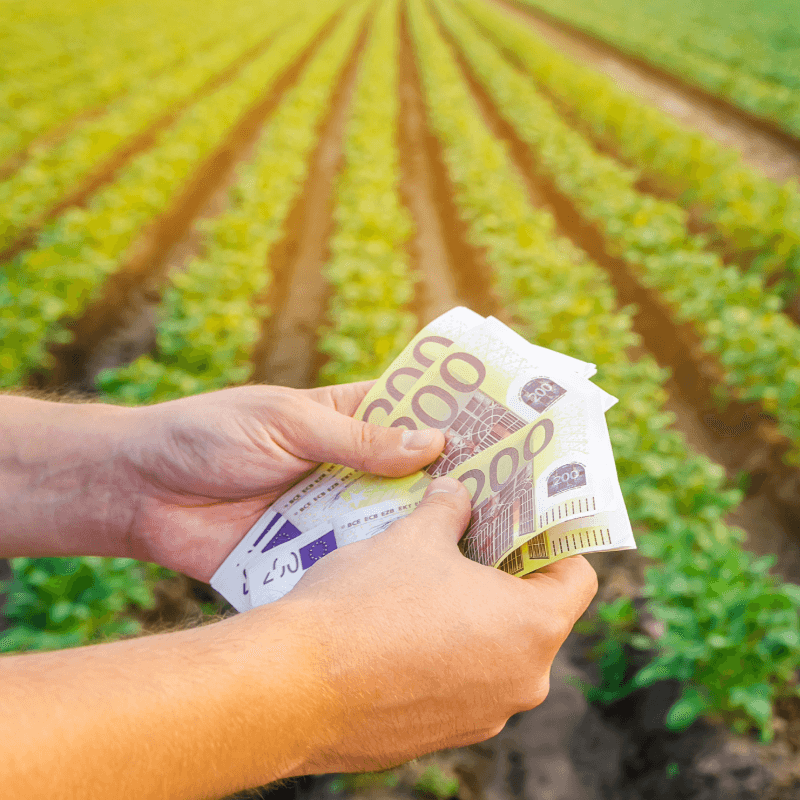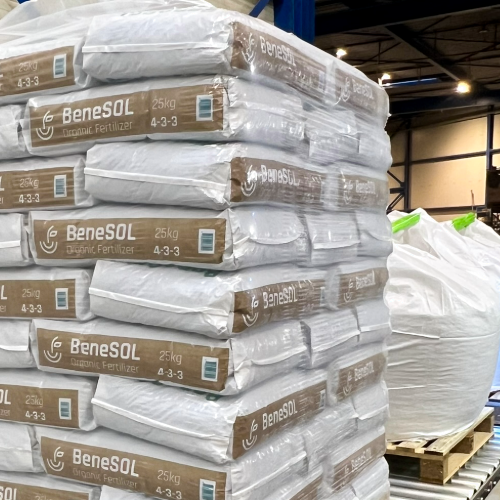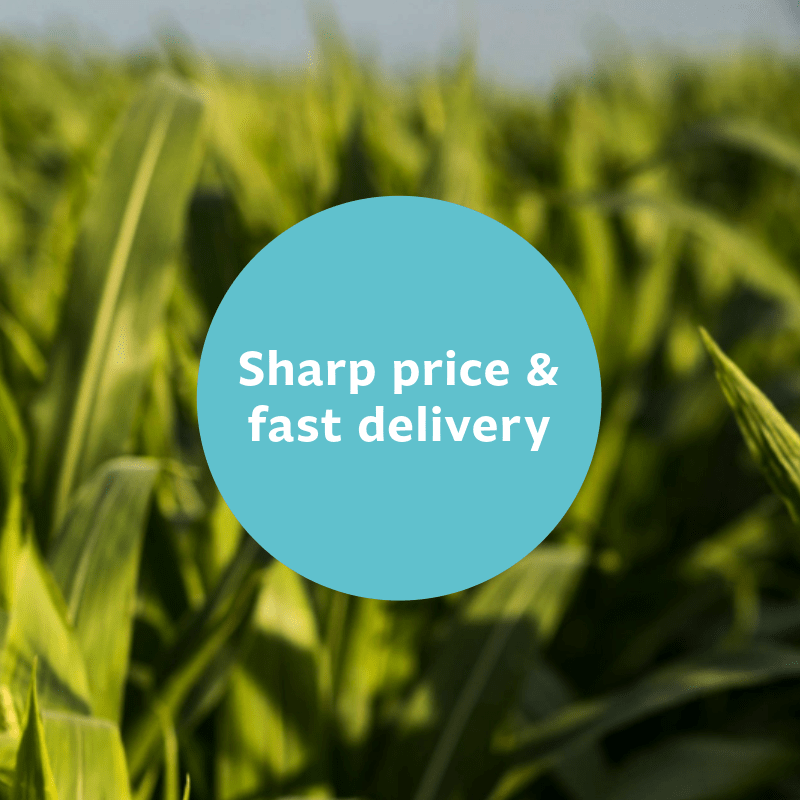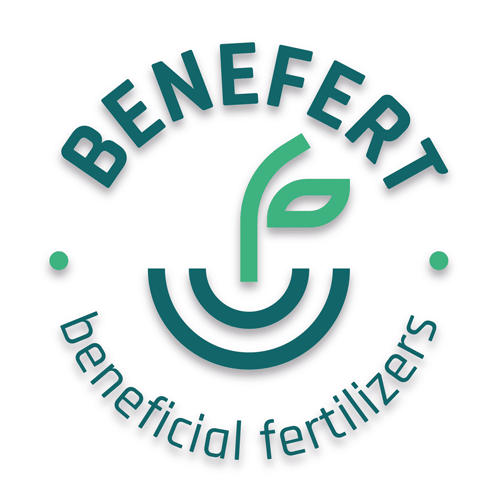
Organic Farming Undermined by Low EU Support
A recent report by the European Court of Auditors shows that EU funding for organic farming has not been used effectively, resulting in little impact on organic food production. Since 2014, the EU has spent €12 billion to support organic farming, but organic products still make up only a small part of the EU food market. Key issues include differences in organic farming practices across EU countries and inconsistent use of organic standards. The report urges the EU to create clear goals and policies to help organic farming grow in Europe.
The EU aims to have 25% of its farmland used for organic farming by 2030, but the report highlights big differences between countries. Some, like Austria, have more than 25% of their land used for organic farming, while others use less than 5%. To close these gaps, the report recommends setting clearer targets and monitoring progress closely. It suggests that the EU needs to double organic farming areas by 2027 to stay on track.
The report also points out that funds are given to farmers even if they don’t follow basic organic practices, like crop rotation or animal welfare. Additionally, many organic farms use non-organic seeds, which goes against the EU’s goals for sustainable farming in the Farm-to-Fork strategy. Keit Pentus-Rosimannus from the Court of Auditors and other experts believe that building a strong organic sector will require better access to markets and consumer support, not just subsidies.
Lastly, the organic food industry is waiting for new EU policies expected soon in the “Vision for Agriculture and Food” plan. They hope these will provide stronger support for organic and environmentally friendly farming, aligning with Europe’s environmental goals.
Source: Euronews






